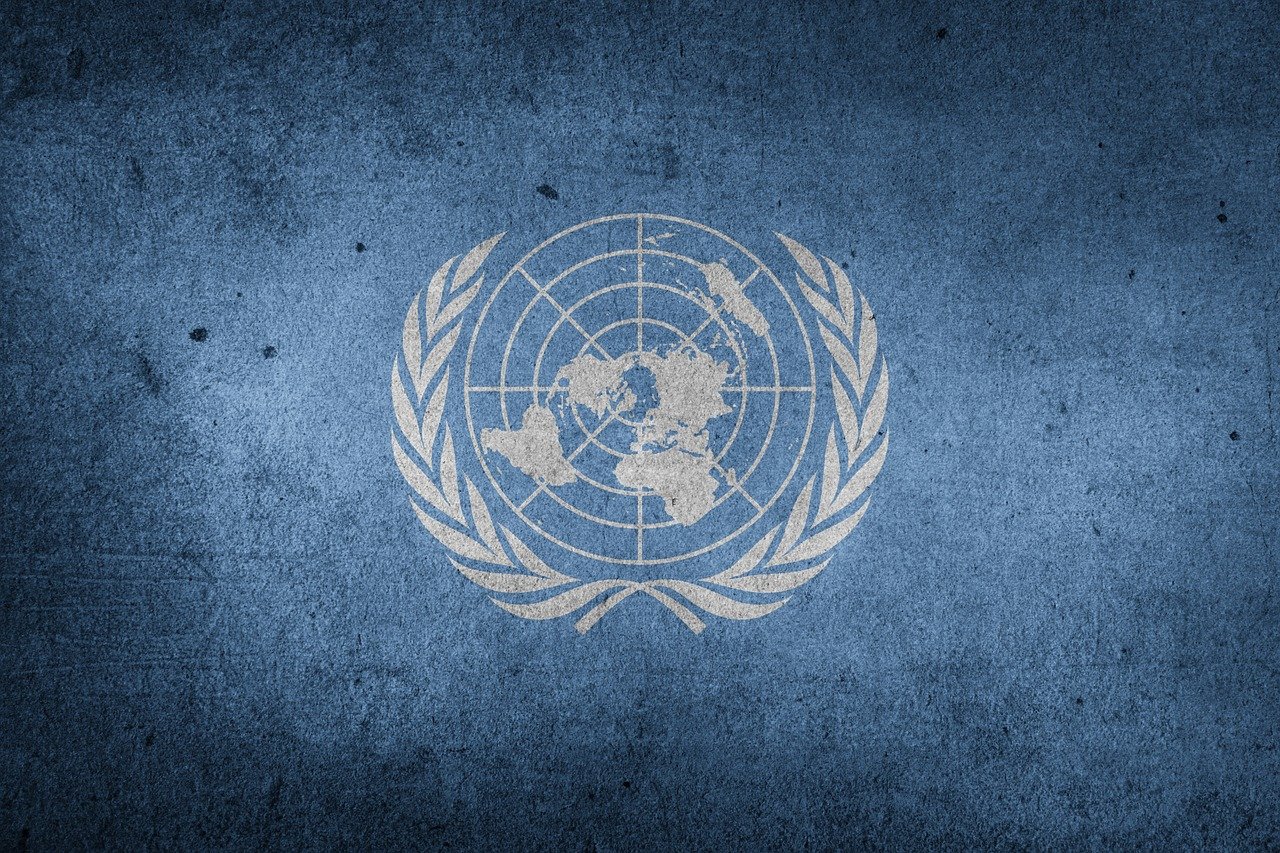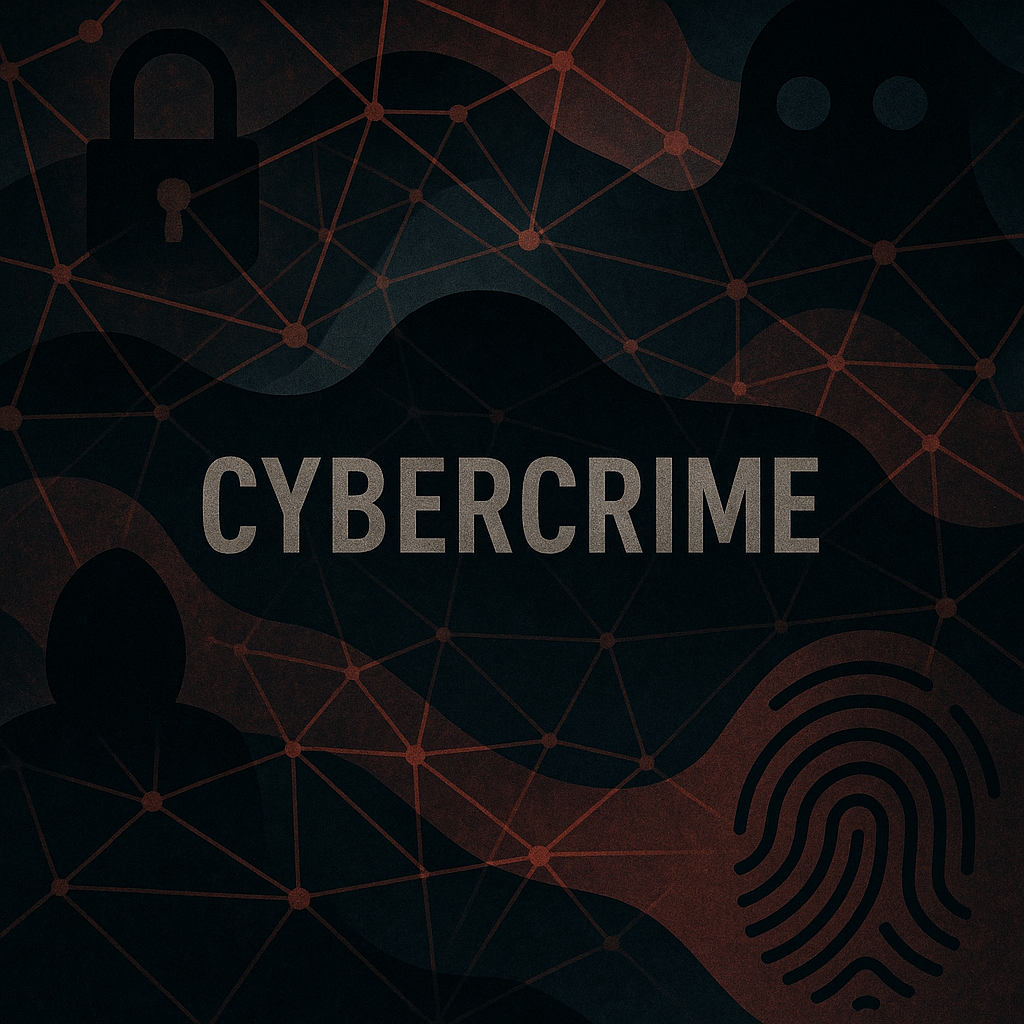Blog
-

Matthias Schulze, 2.10.2024 On September 7, the FBI published a dossier on Russia’s systematic information operations against the West and Ukraine. The 270-page document reveals a kind of automated information warfare-as-a-service. The scope, frequency and methods of the information operations against Ukraine and the West are frightening. Is Germany able to counter this? Social media…
-

Matthias Schulze 22. January 2024 A German version of this blog post appeared in Tagesspiegel Background Cyber. As in Ukraine, the current war in the Middle East is once again being accompanied by a digital conflict. After two months of war, it is now possible to draw some preliminary conclusions about cyber capabilities in the…
-

Matthias Schulze, 14.10.2024 In the last blog post, we deciphered various elements of active cyber defense. We looked at technical definitions, analyzed the spectrum between defense and offense, and talked about deception. We concluded that active cyber defense might entail offense (i.e. engaging with the network of an adversary), but it does not necessarily need…
-

Matthias Schulze, 07.10.2024 The aim of this multipart blog series is to take a closer look at the various definitions one can find and dissect what types of actions the term “active defense” describes and how it contributes to security. The confusion with it stems from multiple reasons. 1) it is a political term, a…
-

Mischa Hansel 17 November 2022 The growth of the global surveillance industry and the proliferation of access-as-a-service in particular has become a serious national security and human rights concern in recent years. For example, Pegasus software was allegedly used to target Hanan Elatr’s mobile phone, just months before her husband Jamal Khashoggi was murdered in the Saudi…
-

Emilia Neuber (Hertie School of Governance) & Mischa Hansel (IFSH) 05 January 2023 Peer review mechanisms are widely used to facilitate the implementation of regulations and guidelines in various policy areas, including for example cybersecurity certification or ICT risk assessment. However, such mechanisms might also offer a new approach to the challenges of implementing the UN norms of responsible state…
-

Mischa Hansel 05 December 2022 The Ukraine War has reiterated the urgency for addressing substantial peace and security risk of cyber operations. While there have not been any successful large-scale destructive cyberattacks thus far, the way in which cyber capabilities have been used by both state and non-state actors nevertheless has worrying implications. Existing dilemmas…
-

Emilia Neuber (Hertie School of Governance) & Mischa Hansel (IFSH) 09 January 2023 Credibility and Impartiality Technical indicators, standards, and criteria do not set peer review apart from other review mechanisms. Rather, it is the political authority of a state-led process as opposed to an evaluation by, say, a technical secretariat of an UN treaty…
-

Mischa Hansel 16 March 2023 Cybercrime and the fight against are no longer a niche topic: the economic repercussions alone are too high, costing the Federal Republic of Germany over 200 billion euros annually according to an estimate from the industry association Bitcom. However, other costs – such as the social and political issues that can aggravate…
-

Jantje Silomon 17 January 2023 While the West was settling down to the Christmas holidays and looking forward to a quiet turn-of-the-year, a group of researchers uploaded a paper to arxiv.org, an open-access repository with over 2 million scholarly articles. The site is well-known with the natural science community, having started off in the 1990s as a…
Archive
- Doppelganger campaign: Are we prepared for information war as-a-service?
- Some Observations about the Cyber Conflict between Israel and Hamas
- Part 2: Doing active cyber defense
- Part 1: The different meanings of active cyber defense
- Regulating the Global Spyware Industry
- Advancing UN Cyber Norms: Multilateral Peer Review Mechanisms as a Way Forward – Part I
- The Ukraine War and Dilemmas of Cybersecurity Governance – Part I
- Advancing UN Cyber Norms: Multilateral Peer Review Mechanisms as a Way Forward – Part II
- Cybercrime as a Peace Risk – Why International Cooperation Concerns Us All
- Breaking Encryption: Once More unto the Breach, dear Friends, Once More
- ChatGPT, Bing Search, Bard & Friends – Part I
- The Role of Cyber Operations in War – Part III: Cyber Operations and the Loss of Escalation Control
- The Role of Cyber Operations in War – Part II: (Cyber) History Does Not Repeat Itself
- The Role of Cyber Operations in War – Part I:What (Not) to Learn from the Ukrainian Case
- The Ukraine War and Dilemmas of Cybersecurity Governance – Part II
- ChatGPT, Bing Search, Bard & Friends – Part II
